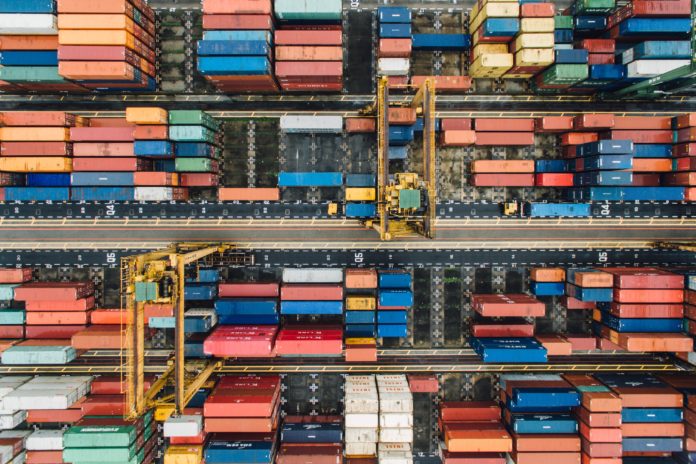Most logistics industry executives see moderate-to-strong economic growth and little or no chance of recession in 2022, even without immediate relief from the snarled supply chains and sky-high ocean and air freight rates triggered by the COVID-19 pandemic.
Roughly two-thirds of the 756 industry professionals surveyed for the 2022 Agility Emerging Markets Logistics Index believe shippers will see cargo rates come down by the end of the year. Eighty-percent see port bottlenecks, air capacity shortages and trucking issues easing by year end.
“The industry’s optimism reflects the fact that emerging economies are getting more resilient and figuring out ways to weather supply chain disruption,” said Agility CEO Tarek Sultan.
“If emerging markets can get better access to vaccines and give small business a boost, they can help power a broad, dynamic global recovery.”
The survey is part of the 2022 Agility Emerging Markets Logistics Index, the company’s 13th annual snapshot of industry sentiment and ranking of the world’s 50 leading emerging markets.
The Index ranks countries for overall competitiveness based on their logistics strengths, business climates and, for the first time, their digital readiness — factors that make them attractive to logistics providers, freight forwarders, air and ocean carriers, distributors and investors.
China and India, the world’s two largest countries, held their spots at No. 1 and 2 in the overall rankings. UAE, Malaysia, Indonesia, Saudi Arabia, Qatar, Thailand, Mexico and Turkey rounded out the top 10. Vietnam, No. 8 in 2021, fell to 11th, switching places with Thailand. South Africa ranked No. 24, highest among countries in Sub-Saharan Africa.
Arabian Gulf economies again boasted the most business-friendly conditions, grabbing five of the six top spots.
The top 10 for business fundamentals: UAE, Malaysia, Saudi Arabia, Qatar, Bahrain, Oman, Chile, China, Morocco, Jordan. Another Gulf state, Kuwait, was No. 12.
Powerhouse exporters China, India and Mexico topped the rankings for international logistics. China, India and Indonesia ranked highest for domestic logistics.
For the first time, the Index scored countries for digital readiness: digital skills, training, Internet access, e-commerce growth, investment climate, and ability to nurture startups, as well as sustainability factors such as renewable energy mix, lower emissions intensity and green initiatives.
Tops in digital readiness: UAE, Malaysia, China, Saudi Arabia, India, Thailand, Qatar, Indonesia, Chile and Philippines. Most digitally ready in Sub-Saharan Africa: Kenya at No. 17.
“The connection between a country’s digital capabilities and growth prospects is undeniable,” Sultan said. “The competitiveness of emerging markets countries will be determined by their ability to develop digitally skilled businesses and talent pools, and find the resolve to lower their emissions in ways that spur growth rather than sacrificing it.”
The importance of digital readiness was apparent in the survey. Logistics executives identified adoption of technology as the leading driver of economic and business growth for emerging markets. The top focus areas for their companies: technology and sustainability.
Transport Intelligence (Ti), a leading analysis and research firm for the logistics industry, compiled the Index.
John Manners-Bell, Chief Executive of Ti, said: “How quickly emerging markets recover from the crisis of the last two years is heavily reliant on the speed of the vaccine rollout, not least from the perspective of social, economic and political cohesion.
“At the same time, the links connecting these economies with western markets need to be reinstated if shippers are to be integrated back into the global trading system. COVID has meant that shipping has become even more costly, complicated and slower, especially for small and medium-sized businesses.
“Digitization will play an important role in facilitating frictionless cross-border movements, but in the long run the benefits of globalization will only be shared with emerging markets if supply chains and logistics can be made more resilient in the face of future crises.”














